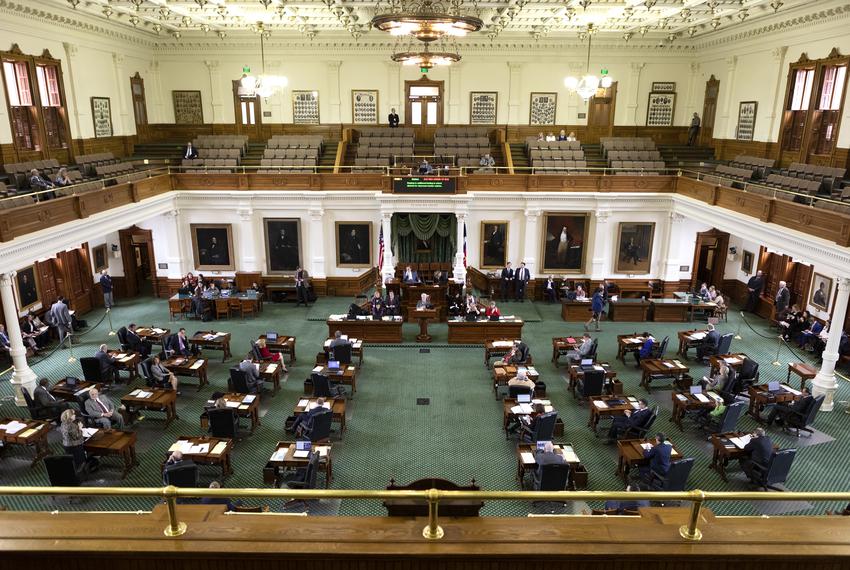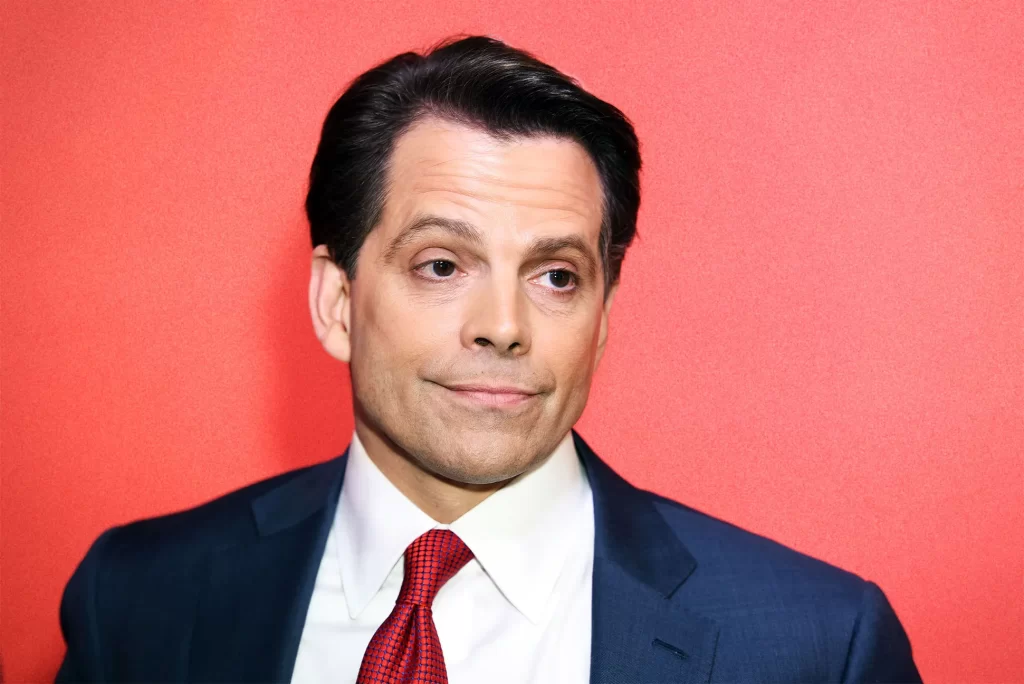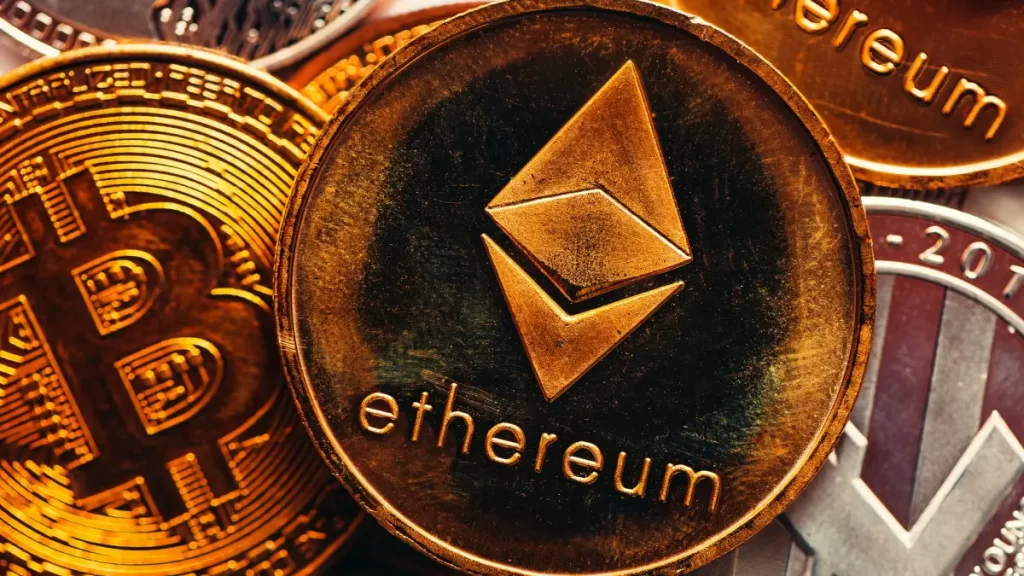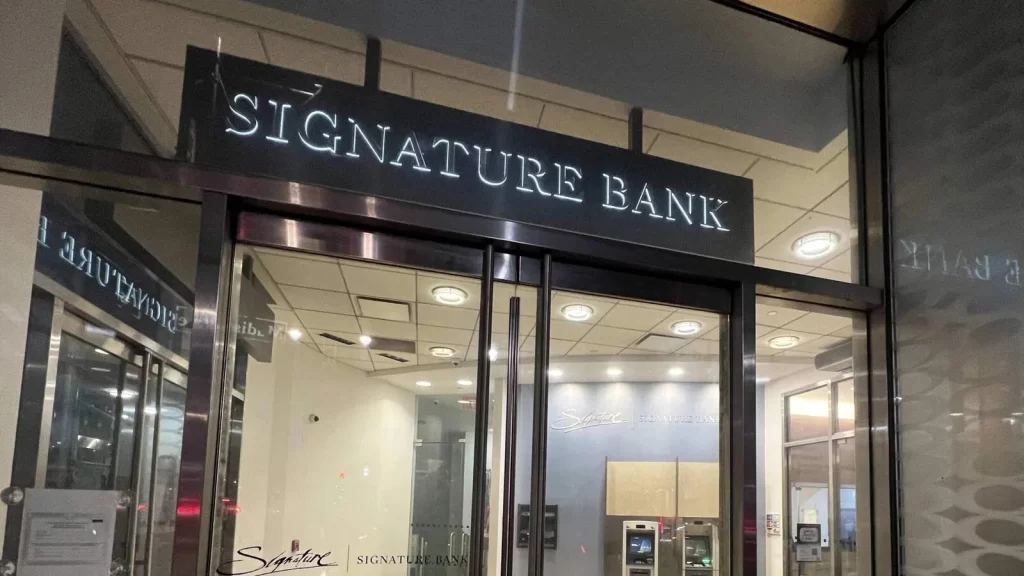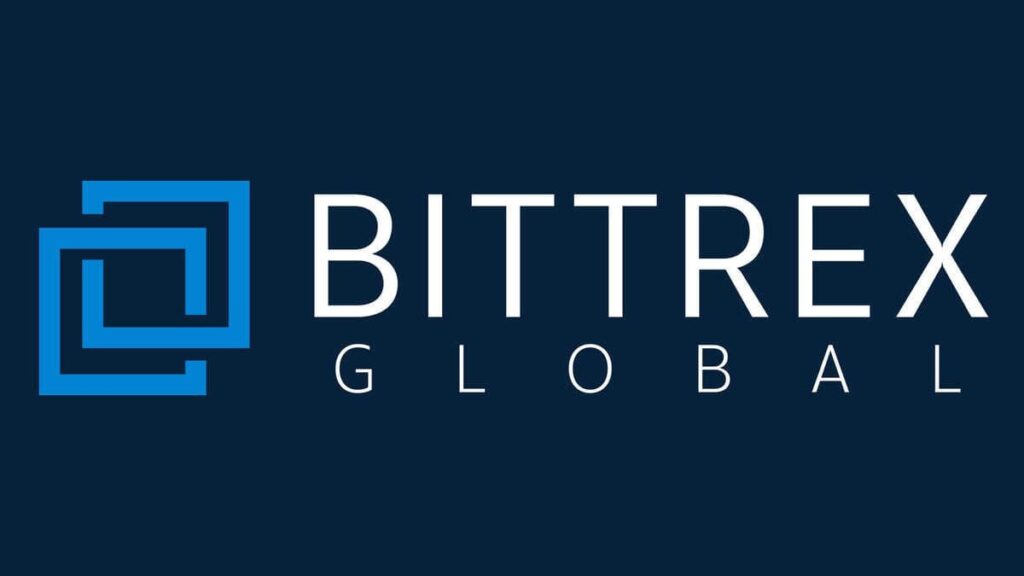A group of Texas lawmakers has put forth an innovative proposal for a state-issued digital currency backed by gold. The proposed currency aims to challenge the dominance of the US dollar and provide an alternative means of payment for residents in the state.
The digital currency plan, outlined in House Bill 4474 and Senate Bill 1859, seeks to establish a digital infrastructure to facilitate transactions using a gold-backed digital currency. The proposal includes the creation of a Texas Bullion Depository, where the state’s gold reserves would be held and used to back the value of the digital currency.
Proponents of the gold-backed digital currency argue that it could offer several benefits, such as providing a stable alternative to the US dollar, which is subject to inflationary pressures. Additionally, the currency could boost economic activity within the state by promoting local transactions and reducing dependency on traditional banking systems.
However, the proposal has also faced criticism, with skeptics raising concerns about the feasibility and legality of a state-issued digital currency. Critics argue that the introduction of such a currency could conflict with the US Constitution, which grants the federal government the exclusive right to issue currency.
Furthermore, some experts have questioned the practicality of implementing a gold-backed digital currency, citing potential challenges related to the management and security of gold reserves. They also point out the volatility of gold prices and the risk that a fluctuating gold market could pose to the stability of the proposed digital currency.
Despite these concerns, the Texas gold-backed digital currency proposal marks an intriguing development in the rapidly evolving world of digital currencies. The proposal has reignited debates about the role of digital currencies in the global financial landscape and the potential for state-issued digital currencies to challenge the hegemony of traditional fiat currencies.
As the proposal makes its way through the legislative process, its outcome could have significant implications for the future of digital currencies, state sovereignty, and the role of gold in the global monetary system.

